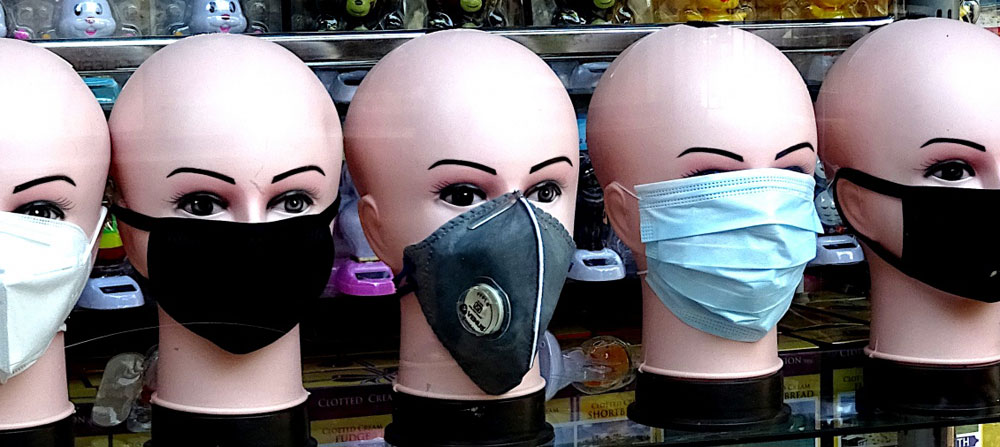
June 11, 2020; Philadelphia Inquirer
Pressure is growing for workers to return to their workplaces, but will workers return to safe working conditions? Essential businesses that have stayed open during the pandemic have had mixed outcomes, with certain workplaces—for example, meatpacking plants—having exposed how vulnerable workers are when proper public health measures are ignored.
The Philadelphia City Council is considering a bill that would protect workers who speak out about unsafe conditions from retaliation by their employers. The bill, supported by a majority of the council, would allow employees to sue employers if they retaliate for raising safety concerns—i.e., not following regulations already passed to prevent the transmission of COVID-19.
The bill is supported by 25 labor groups, led by Unite Here. The bill’s supporters have emphasized the public health consequences of suppressing workers’ voices, arguing that when workers fear speaking out, the entire community is at greater risk. Workers are the frontline of protection for the community, as public health departments do not have the resources to monitor employer compliance with regulations.
The bill follows on a report from the National Employment Law Project (NELP), which concludes that for every essential worker who has reported unsafe working conditions resulting from COVID-19 (about one in four), another has remained silent for fear of retaliation. Overall, the survey found that one in eight workers believe their employers may have retaliated against workers who raised health and safety concerns.
“Our survey shows two parallel dynamics are at play,” said Irene Tung, lead author of the report, in a news release. “Vocal workers are being punished, and other workers are staying quiet to avoid job repercussions.”
Retaliation comes in many forms. Workers may be threatened, laid off, or fired; forced to work different shifts; isolated or put in dangerous situations; or reported to immigration authorities. Respondents reported that their complaints were met with “bullying” or stonewalling, among other negative reactions.
Sign up for our free newsletters
Subscribe to NPQ's newsletters to have our top stories delivered directly to your inbox.
By signing up, you agree to our privacy policy and terms of use, and to receive messages from NPQ and our partners.
Black workers were twice as likely as white workers to report possible retaliation. Nearly 20 percent of Black workers reported that they believed their employer may have retaliated against them or others, as compared to nine percent of white workers.
Black workers were also less likely to raise concerns for fear of retaliation. Of Black workers, 80 percent reported they were concerned about health and safety at their workplace, and 73 percent reported going to work despite seriously risking their health or that of a family member. At the same time, 39 percent of Black workers said they had unresolved concerns related to COVID-19 at work, either because an employer did not respond to a complaint satisfactorily, or the worker did not report the situation for fear of retaliation. Among white workers, half as many (18 percent) reported unresolved concerns. Among Latinx workers, just over 25 percent had similar unresolved concerns over health and safety.
The racial disparities uncovered by the survey, the authors argue, indicate that Black workers are employed in more repressive workplaces.
“Our results suggest that virus transmission in the workplace may be exacerbated by employer repression and that the disproportionate impact of COVID-19 on Black communities may be related to greater exposure of Black workers to repressive workplace environments,” Tung and co-author Laura Padin write on the NELP website.
One in ten workers indicated that stronger worker protection laws, like that proposed by the Philadelphia City Council, would encourage them to speak up about safety violations at work—among black workers, one in five indicated they would speak up if protections were strengthened.
The Philadelphia bill incorporates a number of recommendations from the NELP report, including clear whistleblower protections for those who report health and safety violations and the right to sue an employer who retaliates. To be enacted this term, the council must approve the bill by its final session on June 25th.— Karen Kahn











